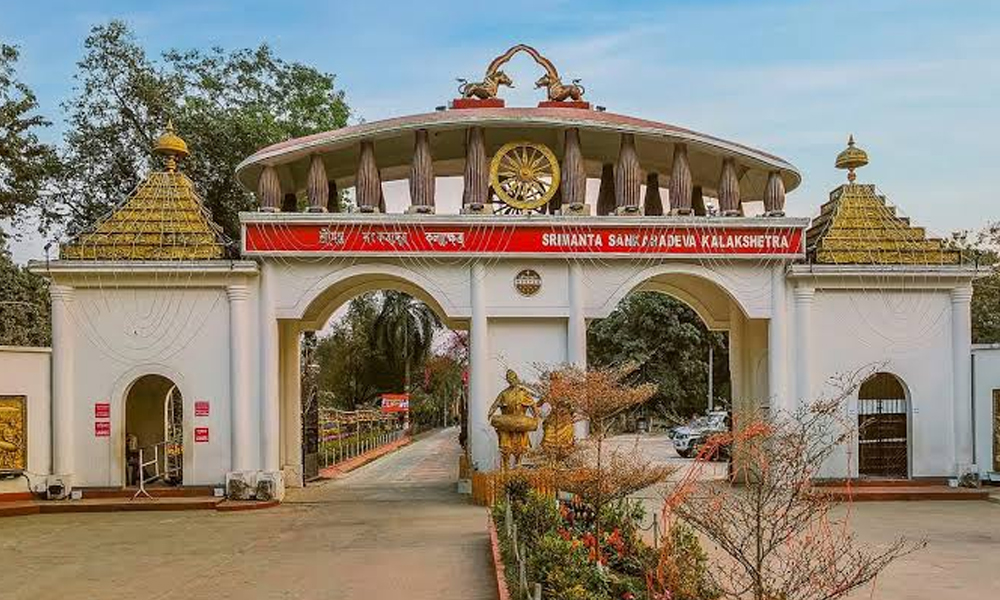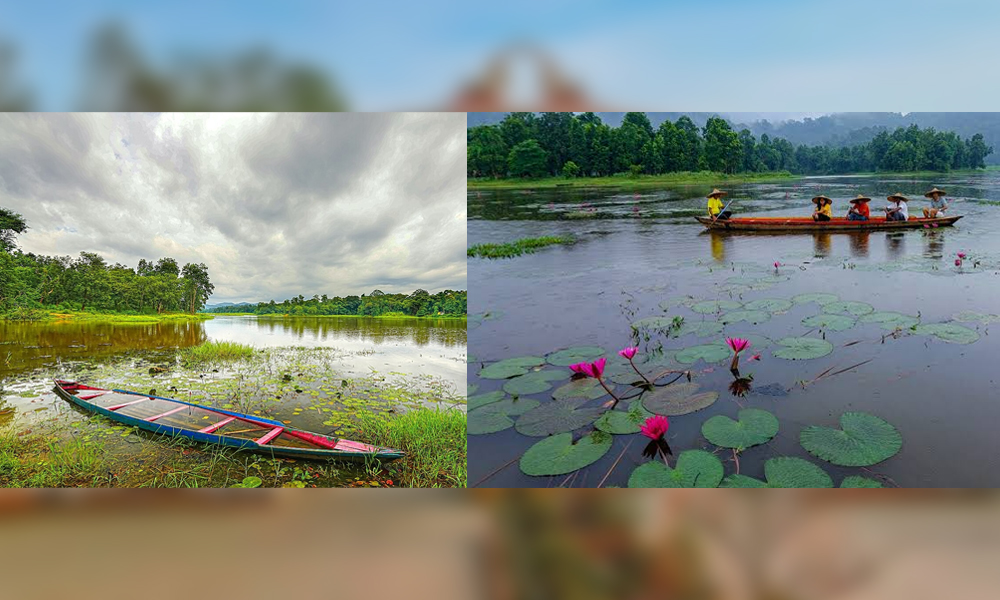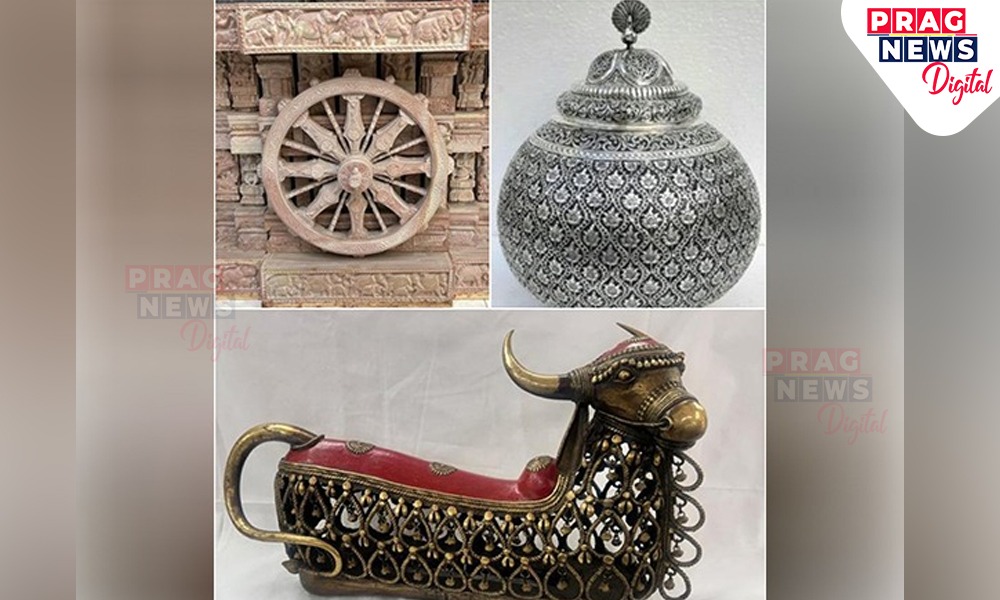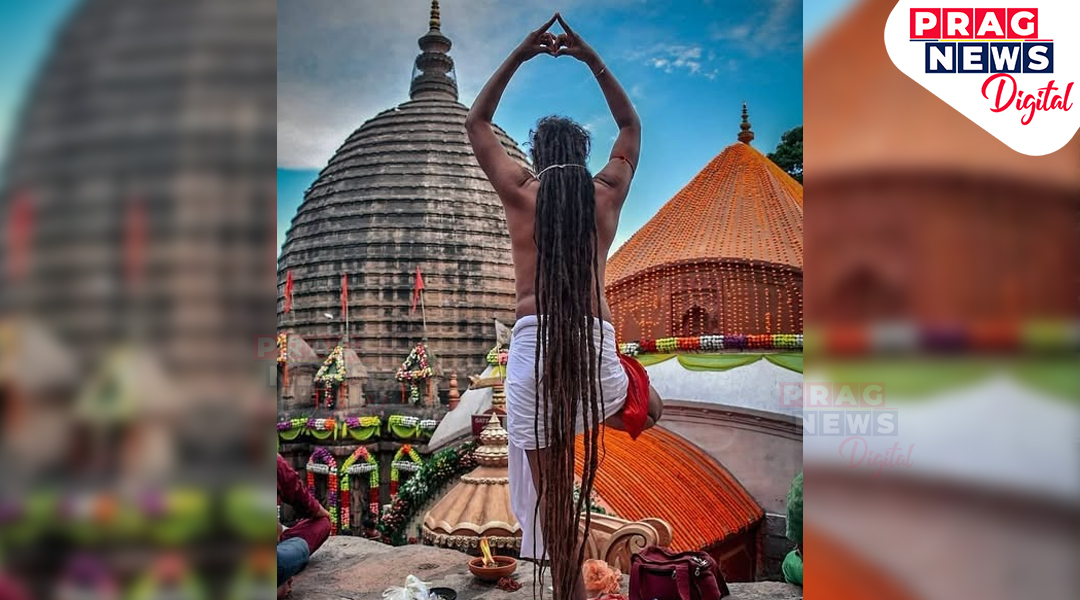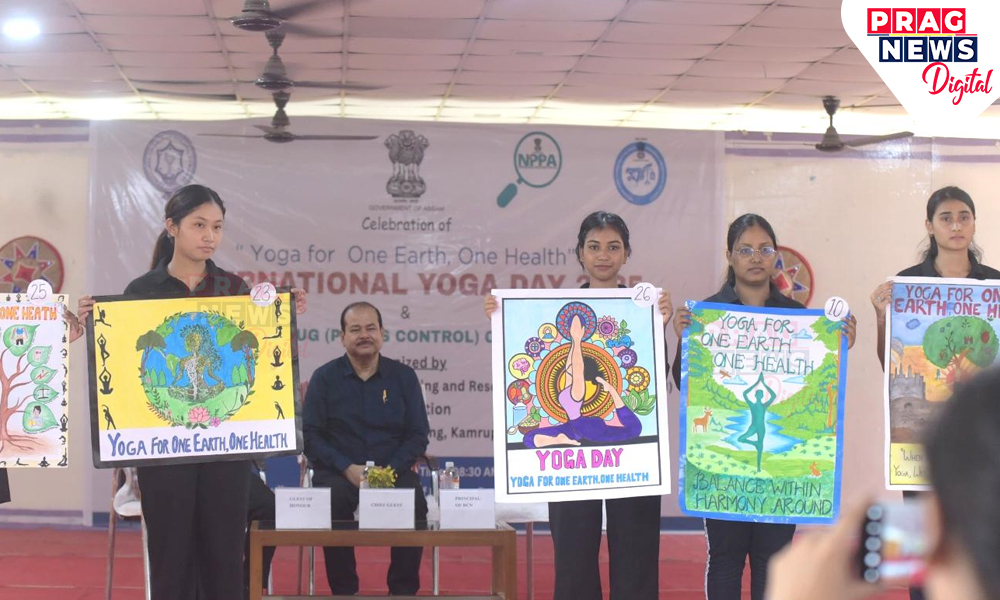Kalakshetra has become a hub for displaying traditions, art, and performances, drawing interest from both local and international tourists
Digital Desk: Srimanta Sankaradeva Kalakshetra (SSK) is a cultural landmark in Guwahati, with an aim to promote Assam’s culture, art, and tradition. It is spread over a sprawling campus of 17.5 (approx) hectares at Panjabari and includes multiple centres dedicated to showcasing the state’s cultural excellence through a remarkable display of its history and glorious past. Built in 1990, this institution is named after the great saint and reformer Srimanta Sankardeva and serves as a tribute to his efforts in unifying Assam through literature, art, and spiritual teachings. Over the years, Kalakshetra has become a hub for displaying traditions, art, and performances, drawing interest from both local and international tourists.
Highlights of Kalakshetra
The Kalakshetra is divided into various distinct sections. The Central museum exhibits articles used by the tribal people and preserves many cultural objects of the state. The Open Air theatre, with a seating capacity of 2,000 people, hosts cultural programs on its premises. It also has a Artist’s village, a replica of Assam’s village society. The Sahitya Bhavan serves as the library of Kalakshetra and holds a large collection of rare books and manuscripts, making it a repository of regional literature. Another of the art complex is the Lalit Kala Bhavan, a centre used for exhibitions and workshops on art and culture. A heritage park is also a part of Kalakshetra complex. A cable car facility has also been installed inside the park to commute the tourists. The Bhupen Hazarika museum is another attraction in Kalakshetra. Additionally, it houses a replica of the the iconic Rang Ghar, an ancient amphitheater built by the Ahom kings in Sivasagar.
Cultural events and Festivals at Kalakshetra
The Srimanta Sankaradeva Kalakshetra (SSK) frequently organises various cultural events, including festivals, workshops, seminars and other events to promote the dance, drama, and music genres of Assam. Since 2000s, Kalakshetra has been organising the New Year festival to mark the English New Year. Earlier, the festival was held annually from 1st to 17th January every year with elaborate arrangements that included folk performances of different ethnic groups of Assam. This festival, which celebrates the New Year, is still an important event of SSK and is organised on the very first day of every year.
Among the recent developments, SSK has reached a new level of success by organising the Srimanta Sankaradeva International Festival since 2016. The goal of this festival is to highlight and promote the contributions and achievements of the great saint of Assam, Srimanta Sankardeva.
Apart from the regular festivals and annual events, the place also organises workshops on folk and classical dance forms of the state.
Time Schedule and Entry Fees
The Srimanta Sankaradeva Kalakshetra remains open for visitors throughout the week. General visitors are allowed to enter the campus from 10:00 AM onwards after purchasing entry tickets. Entry tickets are available for visitors from 10:00 AM to 07:00 PM. Visitors may enter the complex until 7:00 PM and are required to exit the premises by 8:00 PM.
The entry ticket rates are ₹30 per person for adults, ₹10 for children between the ages of 5-14, and ₹100 per person for foreign nationals.
The Light and Sound show is conducted in both Assamese and English. During the summers, the show starts at 6:15 PM in Assamese, followed by the English version at 7:00 PM. In the winter months, the timings are modified, with the Assamese show starting at 5:30 PM and the English show at 6:15 PM.
Conclusion
The Srimanta Sankaradeva Kalakshetra strives to capture the essence of Assam’s diverse ethnicity while also preserving, restoring, and promoting the state’s heritage.It is a sanctuary of art and has been conceived as a grand exposition of life and culture. The institution allows tourists to gain insight into Assam’s rich history and northeastern way of life. Whether one is a student, historian, artist or simply interested in Assamese culture, this site offers valuable knowledge and an unforgettable experience to everyone visiting.


